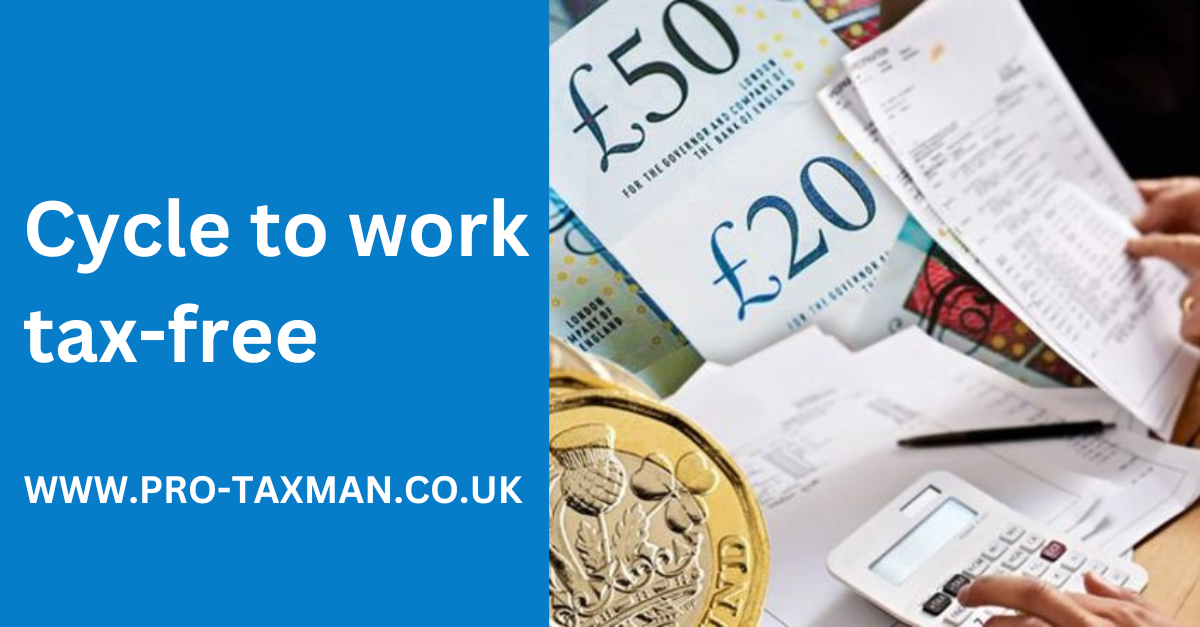As the cost-of-living crisis deepens, many employees are looking to save money. One option is to cut the cost of the commute by cycling to work. There can be tax benefits for this too.
Exemption for employer-provided cycles
Employees can enjoy the use of employer-provided cycles and cyclists’ safety equipment without having to pay tax on the associated benefit as long as the following conditions are met:
- There is no transfer of property in the cycle or equipment – it remains the property of the employer.
- The employer uses the cycle and/or equipment mainly for qualifying journeys. These are journeys between home and work and business journeys.
- The cycles and/or equipment are made available to the employees who want to make use of them. It is not necessary for each employee to have their own dedicated bike; the employer can operate a pool system where employees who want to borrow a bike can do so from a pool.
Salary sacrifice
A Cycle to Work scheme combines a salary sacrifice arrangement with hire agreement. There are a number of commercial providers offering such schemes, which are popular.
Under the scheme, the employee enters into a salary sacrifice scheme and gives up part of his or her salary in return for the provision of a cycle. The employee enters into a hire agreement, under which they hire the cycle from either the employer or a third party. The hire is paid for by the sacrificed salary.
As long as the above conditions are met, the provision of the cycle is exempt from tax. It is important to stress here that ownership of the cycle must not at this point pass to the employee. As employer provided cycles are protected from the operation of the alternative valuation rules, the exemption is not lost by using a salary sacrifice scheme. The arrangement allows the employee to save tax on the salary given up, and both the employer and employee to save Class 1 National Insurance.
Cycle to work schemes typically run for three years. At the end of the period, the employee has three options:
- Extend the hire agreement.
- Return the cycle and equipment.
- Buy the cycle and equipment.
There are no tax consequences if the employee chooses option 1 or 2. If the employee decides to buy the bike, as long the amount paid is at least equal to the market value of the bike at the time of the transfer, there is no tax to pay. However, if the amount paid is less than the market value, the shortfall is a taxable benefit.
HMRC recognise that it can be difficult to establish the market value of a second-hand bike. Consequently, a simplified approach can be used under which no tax charge will arise as long as the employee pays at least the percentage of the original value for the age and original cost of the bike as shown in the table below.
| Age of cycle | Acceptable disposal value (% of original price) | |
| Original price less than £500 | Original price £500 or more | |
| 1 year | 18% | 25% |
| 18 months | 16% | 21% |
| 2 years | 13% | 17% |
| 3 years | 8% | 12 |
| 4 years | 3% | 7% |
| 5 years | Negligible | 2% |
| 6 years and over | Negligible | Negligible |
So, for example, if an employee pays at least £24 for a cycle costing £300 (8% of £300) at the end of a 3-year hire period there will be no tax to pay on the transfer.
Need professional accounting service or accounting advice? Contact us to book a 15-min Free Consultation with us today.
To find out more please follow us on Facebook, Twitter, or LinkedIn. Feel free to contact us on 0333 006 4847 or request a call back by texting 075 6464 7474

